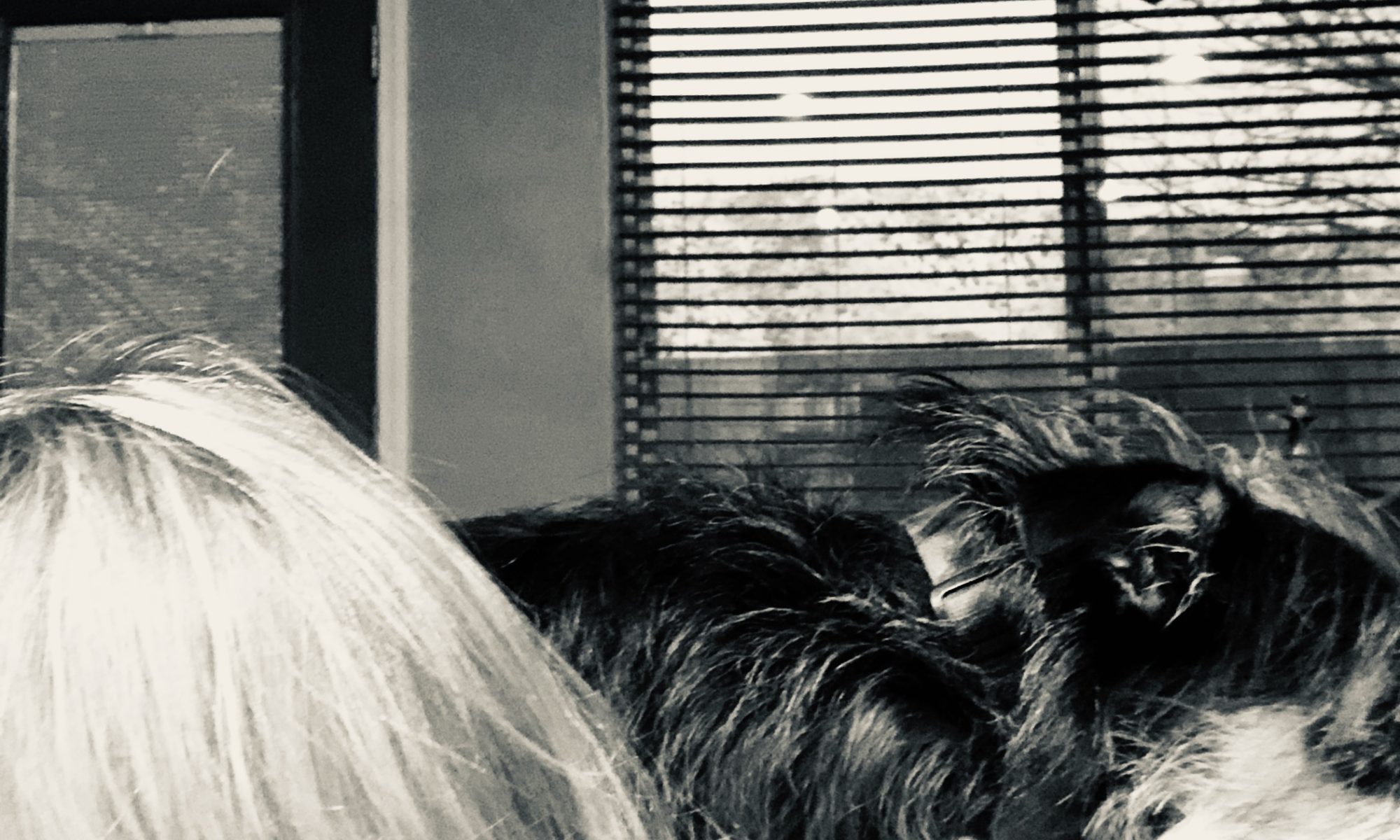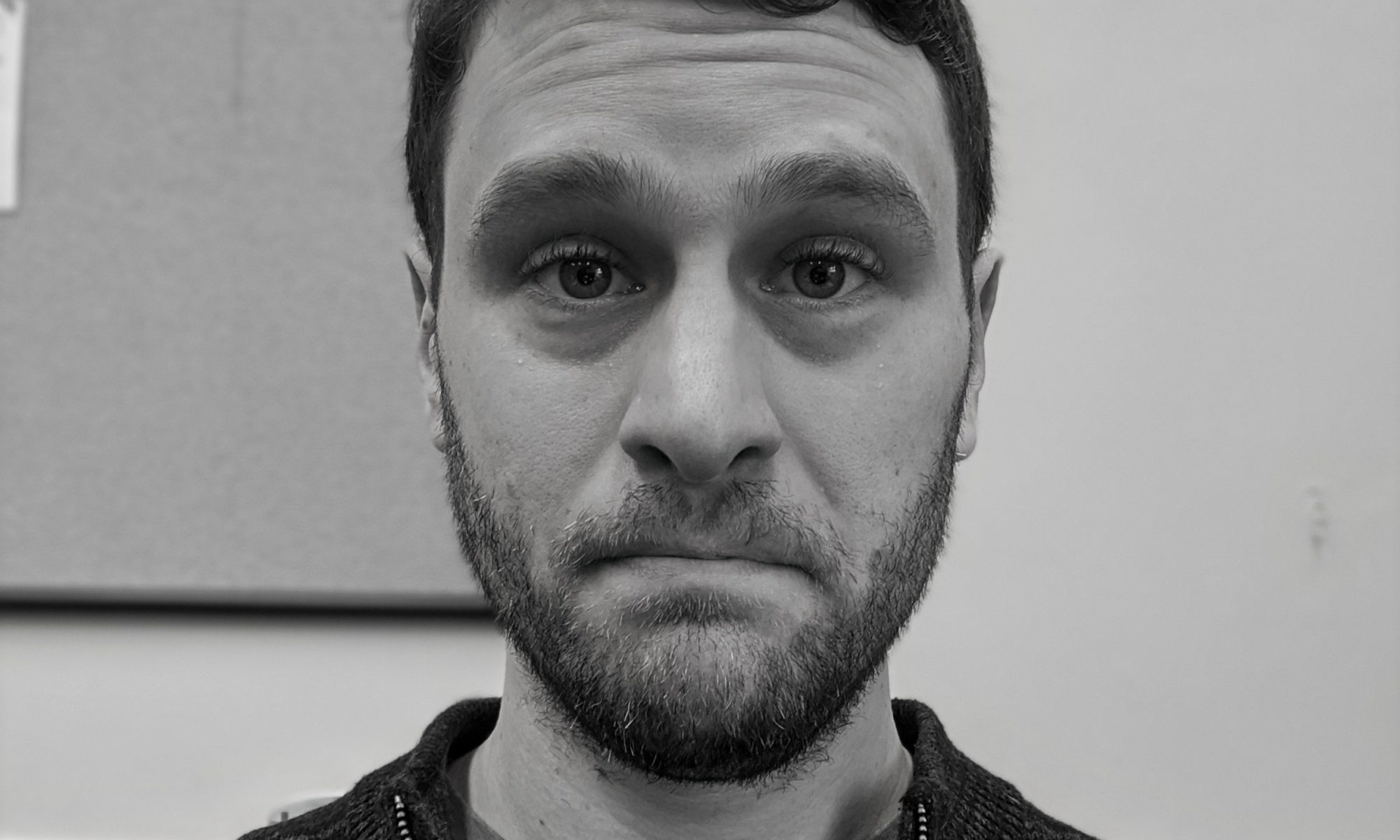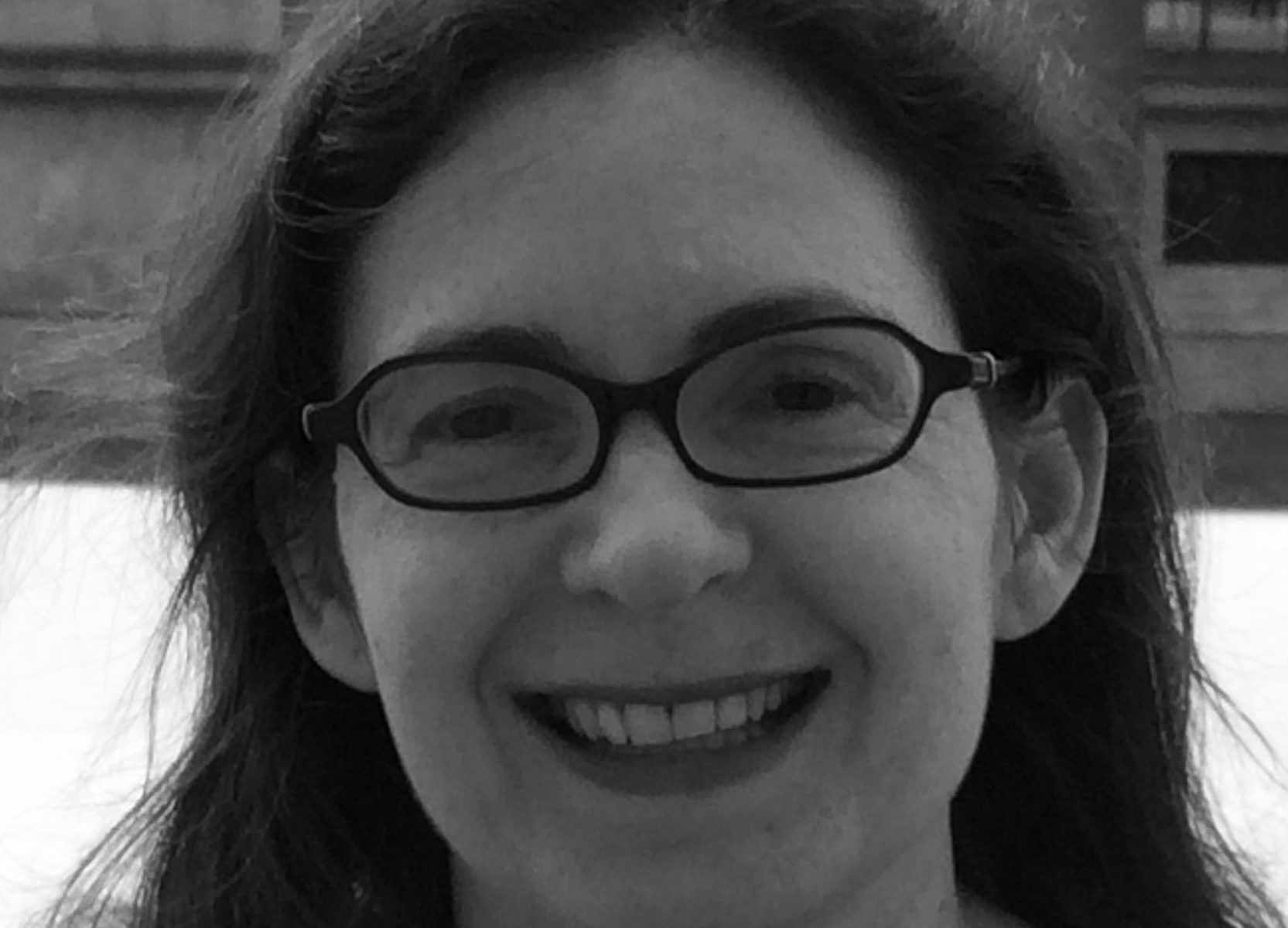Ann Beman is Tahoma Literary Review’s nonfiction editor and also serves as prose reviews editor for the Museum of Americana online journal. Her work has appeared in DIAGRAM, Bombay Gin, Mojave River Review, and some other cool places. But nowhere’s as cool to her as where she lives with two whatchamaterriers, a chihuahua, and her husband in Kernville, on the Kern River, in Kern County. Cue the banjos.
Eckleburg: What captures your interest most in your work, now, as a reader of your work?
Ann Beman: I am most interested in how I as narrator move through a space. How do I capture the motion? How do I capture the space?
Eckleburg: What are you working on now?
Ann Beman: I am in the early stages of writing a collection of essays based on seasons in the Kern River Valley — in the traditional sense and in the peculiar ways that this place and this community define seasons.
Eckleburg: Who and what are your artistic influences?
Ann Beman: I’ve been reading Gretel Ehrlich’s The Solace of Open Spaces, Elizabeth Bradfield’s poetry, and Ted Williams’s Earth Almanac. I am drawn to fiction — both novels and short stories — where place is its own strongly developed character. Jane Harper’s thrillers set in the Australian Outback come to mind. Right now I’m reading a lot of Japanese fiction, but for this seasons project, I’m particularly influenced by an app called 72 Seasons: A year seen through the ancient Japanese calendar.
Eckleburg thanks Ann Beman. Do you have new work published here at Eckleburg or elsewhere? Add your Selfie Interview and share the news with our 10,000+ reading and writing community. If you have a new book out or upcoming, join our Eckleburg Book Club and let our readers know about it.



